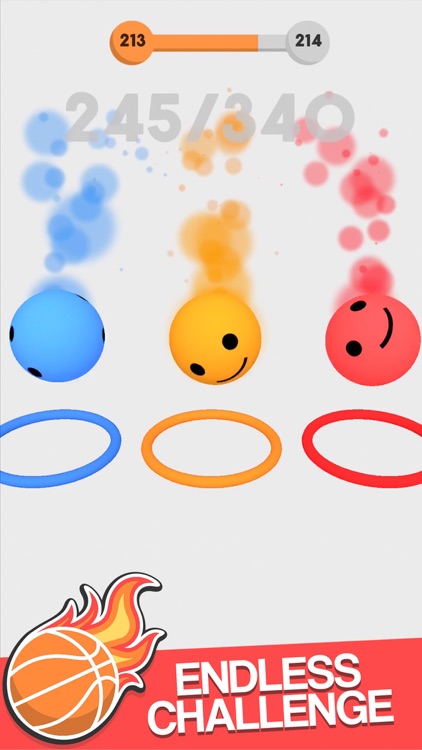As the gaming industry is evolving on daily basis, developers are always trying to create immersive and fascinating experiences that take gamers to magical worlds, tough situations, and complex tales. While aesthetically spectacular graphics and unique gaming mechanisms frequently take centre stage, there is this one factor should never be overlooked: user experience (UX).
So what does user experience really mean?
The overall contact that players have with a game is referred to as user experience, and it includes components like as intuitive controls, fluid navigation, responsive feedback, immersive audio-visual design, and interesting storyline.
In this blog article, we will dig into the significant relevance of user experience in game creation and investigate its enormous influence on player pleasure, engagement, and overall game success. Developers may establish a greater connection between players and their virtual worlds by understanding and prioritising user experience, bringing the gaming experience to new heights.
- Understanding user experience
When a player is engaging with game, his whole experience is referred as user experience. It includes a variety of aspects like as how the game is used, intuitiveness, responsiveness, the aesthetics, and emotional involvement. Game developers tent to give importance to user experience to guarantee that players are enjoying their games without extra difficulties or hurdles, resulting in a more fun and interactive gaming experience.
- Enhancing player satisfaction
One of the primary reasons why user experience holds immense importance in game development is its direct impact on player satisfaction. When players have a positive and seamless experience, they are more likely to feel satisfied with the game. Intuitive controls, well-designed interfaces, and engaging gameplay mechanics contribute to a sense of enjoyment and fulfillment. A satisfied player is more likely to recommend the game to others, leave positive reviews, and become a loyal supporter of the game and its developers.


- Driving player engagement
It’s very essential part of game development to drive a player’s attention, this is what user experience is all about grabbing your audience’s attention so that they can engage with your games. In this way they will spent more time playing that game and through this they develop a sense of investment in the game world. By creating captivating and immersive experiences through careful attention to user experience, developers can increase player engagement and foster long-term player retention. As a result, this leads to a larger and more dedicated player base, ultimately benefiting the game’s success.

- Creating emotional connections
User experience has the power to evoke emotions within players, thereby creating a lasting impact. Well-crafted narratives, compelling characters, immersive audio-visual elements, and seamless gameplay all contribute to the emotional connection a player feels while playing a game. Whether it’s the thrill of victory, the sorrow of a character’s loss, or the excitement of exploring a vibrant game world, these emotional experiences leave a lasting impression on players and enhance their overall gaming experience. Here is an example of such a game:
- Repetitive design and player feedback
User experience is not to be considered one time but it’s such a process which keeps on going and that requires iterative design and continuous player feedback. By collecting and analyzing player feedback, so that developers can improve their games where needed, address player concerns, and refine the user experience over time. This iterative approach allows for the creation of games that cater to the specific needs and desires of the player base. This results in more polished and enjoyable experiences.



